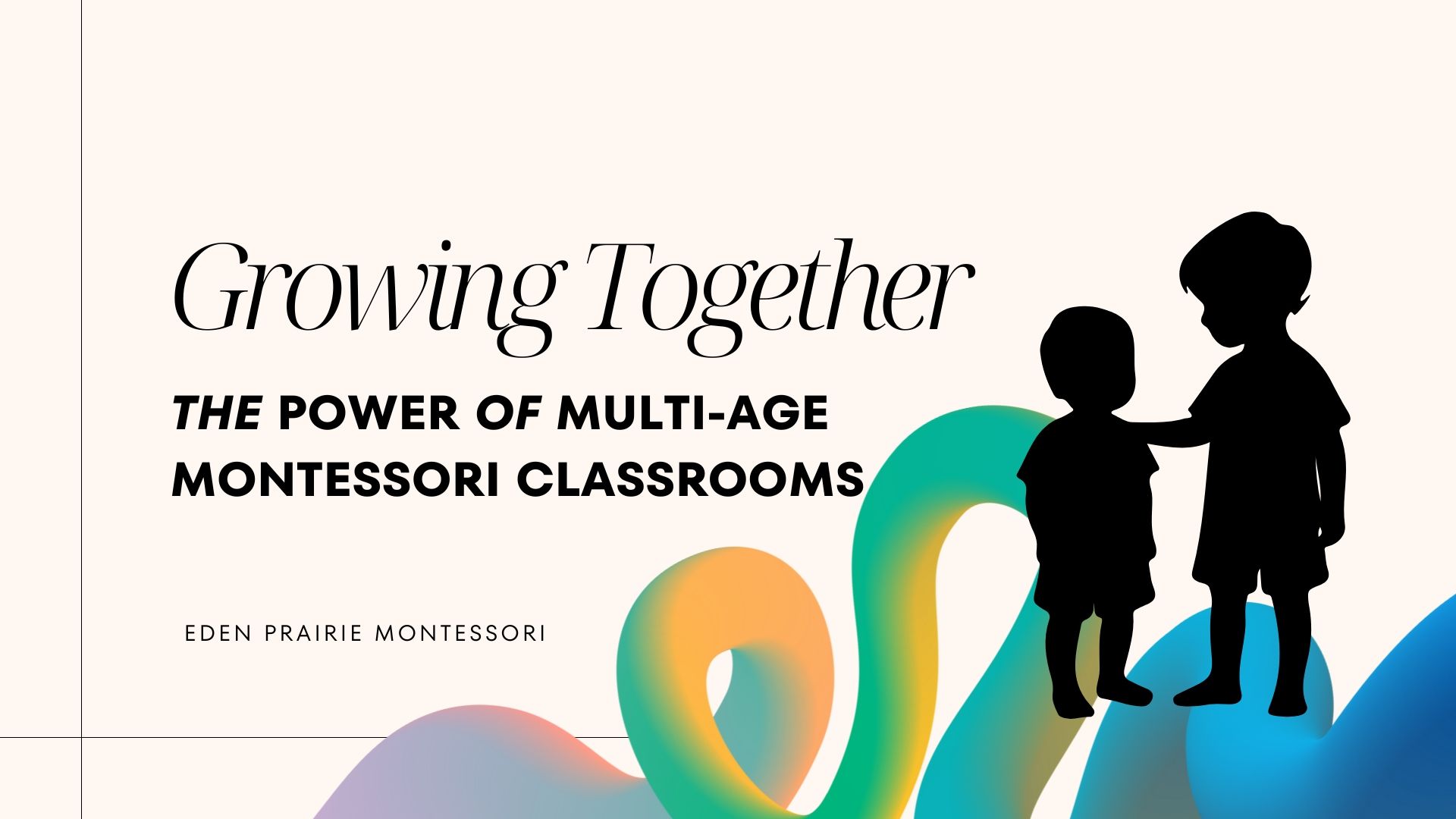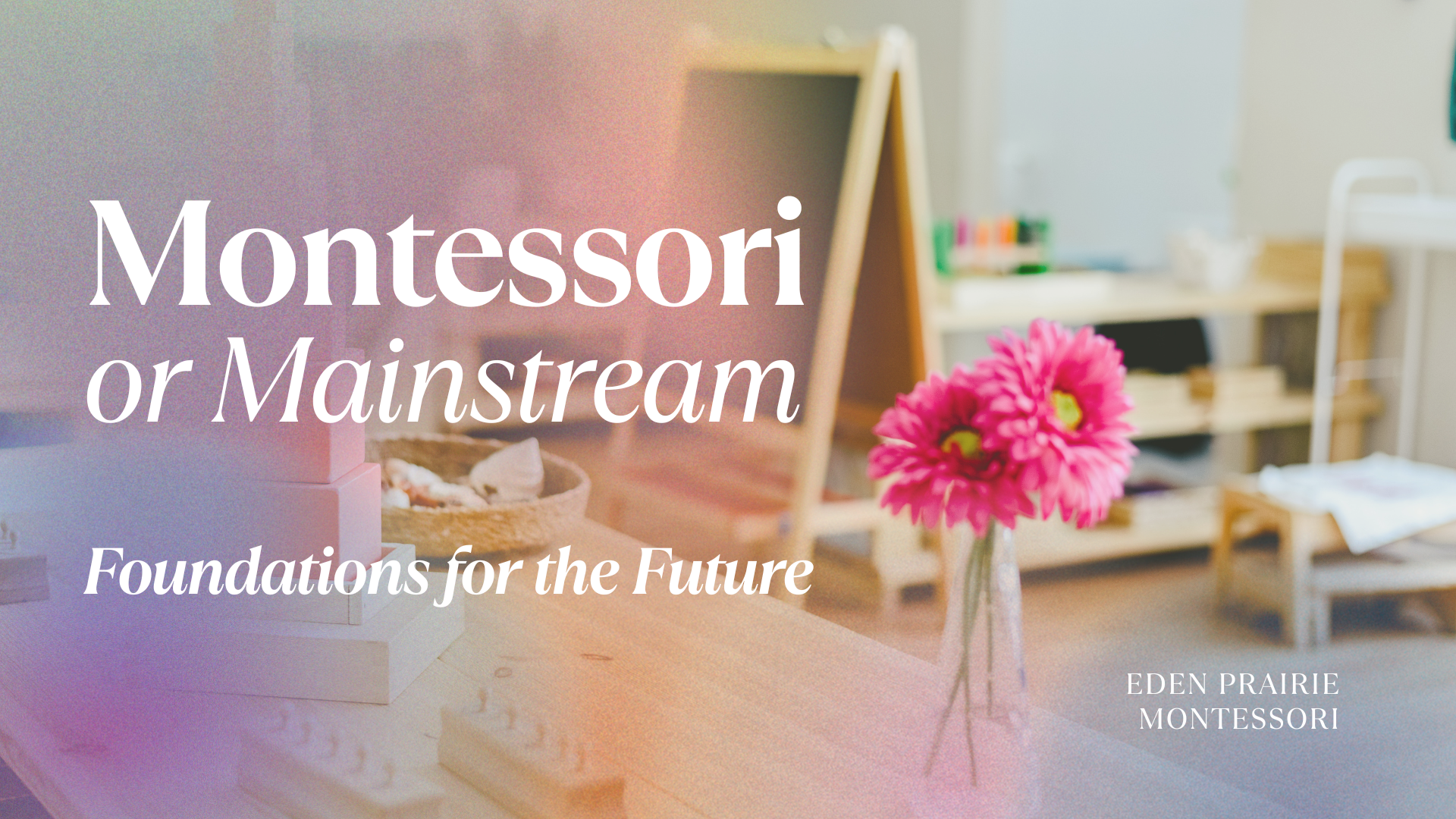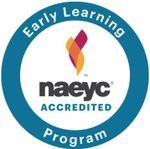Eden Prairie Montessori Learning Blogs
Dining Out With Your Preschooler
Have you ever had the thought, “Let’s go out to dinner!” and as quick as that thought entered your brain, it vanished. Thinking about taking your 3-year-old to a sit-down restaurant might make you cringe. The vision of them throwing their crayons, pouring out the salt shaker, and spilling their ranch dressing down the side of the chair is just the tip of the iceberg. We get it. It’s comparable to sprinting 15 miles in 102-degree weather in a sweatsuit. Challenging. Exhausting. Not worth it.
It doesn’t have to feel like that hot, draining sprint we mentioned. Comparable to everything else in life, practice makes perfect. Or at least manageable and can eventually become enjoyable! We want to walk you through a few steps to reassure you that eating a delightful dinner at a restaurant is totally doable. There is a method to the madness. It all starts with choosing the RIGHT restaurant.

How to choose the prime place
Family-friendly restaurants will help ease you into the whole “this is stressful and everyone is staring at me” mentality. Do some research. Check to see if the atmosphere is laid back, what the children’s menu looks like and if they have any special kid activities or ‘extras’ provided. Pending location, you may have several options to choose from which makes the decision a little easier. If you find yourself struggling to find a place that suits your family needs, maybe just keep it simple the first couple of times by eating a local diner or pizzeria.
Depending on the kid’s age, maybe you choose to focus on manners & cuisine etiquette, so the relaxing, laid back atmosphere doesn’t matter as much. Teaching your children from a young age how to sit with grown-ups at a table, participate in the conversation, eat politely, and how to read and pick off of the menu is a great skill that will serve them their whole life. Talk about placing the napkin on the lap & why that’s well-mannered and how to order their own meal when speaking to the waiter.
Time plays a major role
There is a sweet spot when choosing the time that you’d like to dine out. If you’re meeting another family or friends or just going with your immediate family, suggest a time that is before the dinner rush, after nap time, but before bedtime. That’s not too much to ask, right? It shouldn’t be! Choosing the right time that is in sync with your toddler’s schedule will make it easier for everyone involved.
If you don’t get a say in what time everyone meets, maybe push nap time back an hour or two so your child is just waking up before you have to leave, ensuring they are well-rested and have a built-up appetite. Keep in mind that since nap time was moved, bedtime may be a little later as well. If it’s on a school night and just isn’t lining up with your family routine, skip this time and suggest another evening that would work better. When you don’t have to worry about bedtime and school while you factor in if your child will even be able to behave long enough for dinner, it eliminates some stress and allows room for other cares.

Don’t wait to order & order ALL together
This is an important one to remember. Everyone at the table should order at the same time. You may think it would be better to order your child’s meal before the adults, but that could quickly turn into chaos if they finish before your meal even arrives. Talk to the other members at the table and let them know that as a family, you’ll be ordering together so you can all start and finish around the same time.
Let your child be a part of ordering. Read them the choices from the kids’ menu (those you approve of, of course) and allow them to decide what they’d like to eat for dinner. It’s a simple decision-maker but HUGE to your preschooler. If you have a 5-year-old, they can begin to learn how to cut and spread with a knife. Teach them how to spread butter on the appetizer or how to cut their steak into little bites.
Communication is also very crucial with little ones. They like to have a plan. So giving them a warning about where you are going, what you will be doing there, about how long you’ll be there, who they will see and what behavior you expect to see will be beneficial for both you and them. Talk about the happy parts & the parts they might struggle with (i.e. patience for food, sitting still for a long amount of time, talking with adults). If you feel like it fits the situation, you may choose to use some incentive, such as ordering dessert once they’re done with their dinner. A little motivation never hurt anyone, especially if it includes ice cream!
Be prepared
Once you have set a date, time, and location you can start to think about packing the essentials and being fully prepared for your family night out. When putting the bag together, make sure you add in an array of different items. Some can be new and novel, a new toy you picked up when you were shopping last week, a homemade sensory bottle, or a fun, interactive book with stickers and bright colors. Choose items your child loves and that keeps them occupied in 10-15 min bursts.
Some parents choose to use electronics to help pass the time, which is completely understandable. A few great options for preschoolers are PBS Kids, ABCMouse, and Montessori Crosswords. All are educational, incorporating phonics, art & math. Choose one of these apps, turn down the volume and allow your child to explore.

Flexibility is essential
Don’t feel bad about leaving the table for a breather. If your toddler is getting restless 10 minutes after you arrive, get up and walk around! Take a little stroll outside while waiting for your supper to arrive. If there is a park across the street, set a timer, give a warning and let them run some energy out and have someone at the table text you when dinner gets there. It gives you a breather and allows them the freedom to run and play and develop their appetite.
During dinner, your child may ask to go to the bathroom. It’s perfectly acceptable to leave the table and accompany them. If you are in the middle of potty training, don’t skip out just because you’re out to dinner. Make sure you follow that routine and create that habit of going no matter where you are or what you are doing. Bring an extra set of clothes in your essentials bag just in case of an accident or spill.

Leaving is perfectly acceptable
Having a bad day will happen now and then and it just might happen that your preschooler has a bad day the exact night you decide to venture out for dinner. If that is the case, you may need to take your order to go. Be considerate of other diners & the company you’re with if your child begins to decide it’s time to turn into a Tasmanian devil as soon as you arrive. No need to apologize, we’ve all been there. The people you are with will understand and there will always be a next time.
It might take 9 times dining out to get that 1 time that goes smoothe and is hassle-free. Be patient. Like everything else in life, it takes time to create a rhythm and flow. Children are sponges and absorb all things around them. Keep giving them opportunities to learn and grow, teaching them the importance of politeness and acceptable social behavior. Include them in the table conversation and let them help with some decisions.
Our Eden Prairie North location has been open for over 35 years, and since our program was in such high demand, we opened our Eden Prairie South location just over a year ago! Both locations offer the same Montessori-style programs in convenient locations for you and your family.

Whether you are just looking around or are interested in enrolling your child immediately, we are excited to learn more about you and your family! We look forward to helping you make the best choice for your big decision. We will follow up with more information and a phone call to answer any questions you may have. In the meantime, make sure to look through the attached info packet for more about Eden Prairie Montessori and if Montessori is right for your child and your family. If you would like to book a tour, do not hesitate to call us at (952) 944-8466. Call us now, spots fill up fast!
The post Dining Out With Your Preschooler appeared first on Eden Prairie Montessori.









